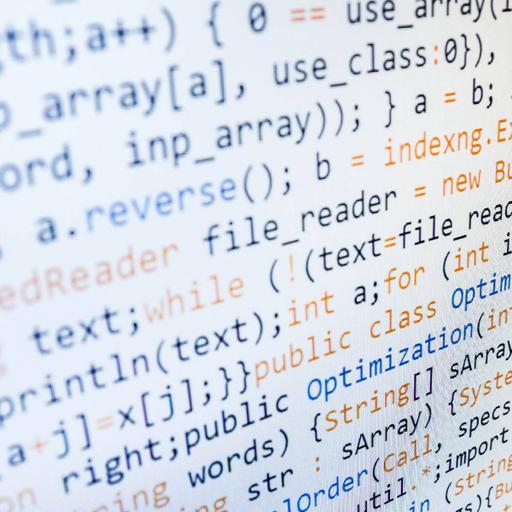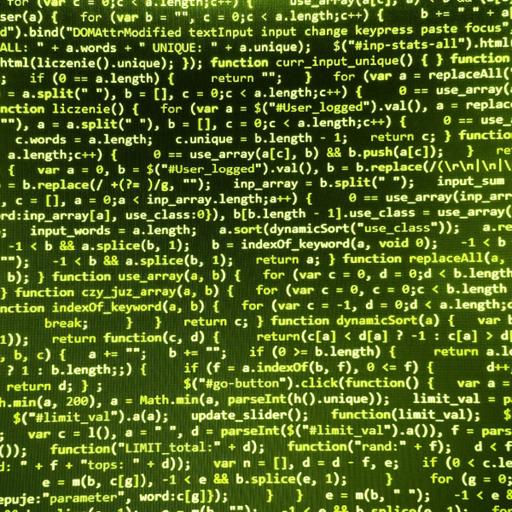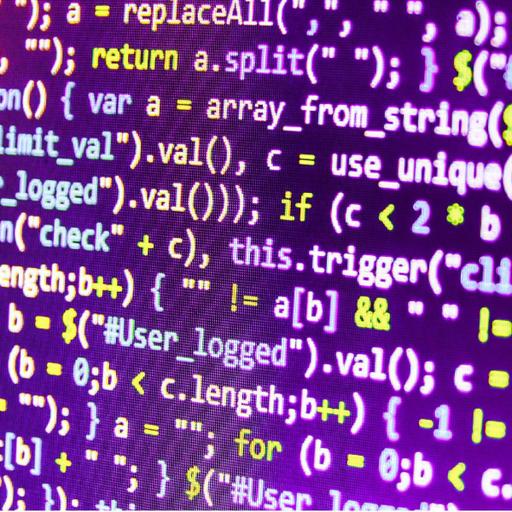Programming Paradigm
A programming paradigm is a concept that governs a programming language's methodology. The importance of paradigms is that they define a programming language and how it functions. It is a method of solving problems through the use of programming languages. The difficulty of employing a paradigm varies depending on the language. Paradigms aren't designed to be mutually incompatible; numerous paradigms can coexist in a single programme. The most common paradigms are imperative, logical, functional, and object-oriented. The imperative programming paradigm assumes that the computer can sustain any changes in a computing process through variable environments. The Logical Paradigm approaches problem-solving in a declarative manner. All subprograms in the Functional Programming paradigm are viewed as functions in the mathematical sense—informally, they take in arguments and output results.



















